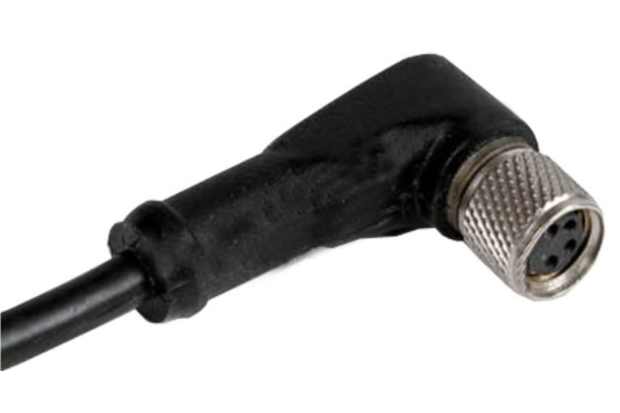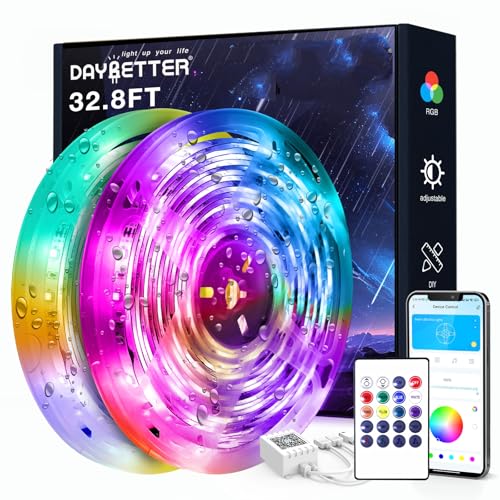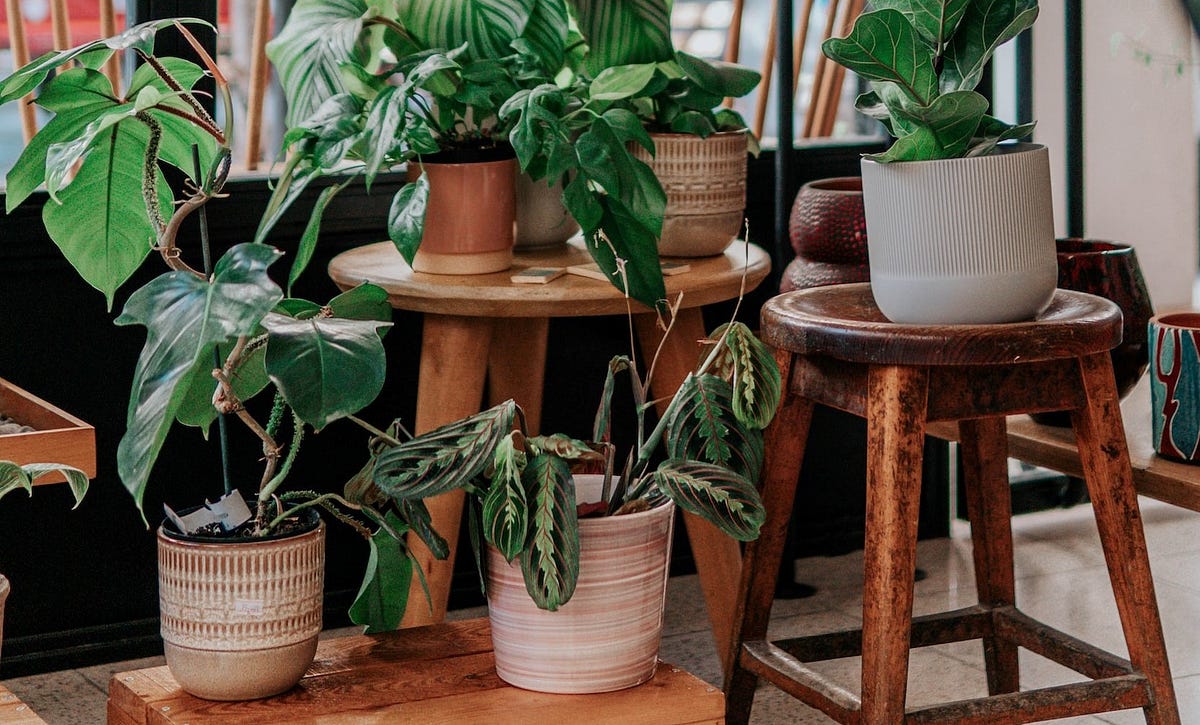Are you worried about the safety of your home or business? Security cameras can be the key to protecting what matters most to you.
Imagine having a watchful eye that never blinks, deterring trouble before it starts and giving you peace of mind. You’ll discover how security cameras work, the best options for your needs, and simple tips to get the most out of them.
Keep reading to learn how you can take control of your security and feel safer every day.
Choosing The Right Camera
Security cameras help protect your home and business. Picking the right one is important for good safety.
There are many types of cameras. You should know the differences to find the best fit.
Types Of Security Cameras
Security cameras come in several styles. Each type has its own use and features.
- Dome cameras are small and round, good for indoor use.
- Bullet cameras are long and cylindrical, often used outdoors.
- PTZ cameras can pan, tilt, and zoom to cover large areas.
- Hidden cameras are discreet and blend into surroundings.
Indoor Vs Outdoor Cameras
Indoor cameras watch inside spaces. They do not need to be weatherproof.
Outdoor cameras must resist rain, dust, and heat. They often have stronger cases and night vision.
- Indoor cameras focus on rooms and hallways.
- Outdoor cameras cover entrances and yards.
- Outdoor models have special features for harsh weather.
Wired Or Wireless Options
Wired cameras connect by cables. They offer steady power and signal.
Wireless cameras use Wi-Fi or batteries. They are easier to install but may need charging.
| Type | Advantages | Disadvantages |
|---|---|---|
| Wired | Stable connection, no battery needed | Harder to install, cables visible |
| Wireless | Easy setup, flexible placement | Battery changes, possible signal drop |

Credit: www.amazon.com
Key Features To Consider
Security cameras help keep homes and businesses safe. Choosing the right camera means looking at important features. These features affect how well the camera works for your needs.
Understanding key features helps you pick the best camera. This guide covers resolution, night vision, and motion detection.
Resolution And Image Quality
Resolution shows how clear the camera picture is. Higher resolution means sharper images and better details. This helps identify faces and objects clearly.
Image quality also depends on the camera lens and sensor. Good quality cameras work well in different light conditions and colors look natural.
- 1080p is common and provides clear images
- 4K offers very high detail but costs more
- Look for cameras with good color accuracy
- Check for wide-angle lenses to cover more area
Night Vision Capabilities
Night vision lets cameras see in low light or darkness. Infrared LEDs help the camera capture images at night. This feature is important for 24/7 security.
Some cameras show black and white images at night. Others offer color night vision with extra lighting. Consider the distance night vision covers for your space.
- Infrared night vision for dark environments
- Color night vision for better detail
- Check night vision range in feet or meters
- Look for automatic switching between day and night modes
Motion Detection And Alerts
Motion detection helps cameras spot movement. When motion is detected, the camera can send alerts to your phone or email. This keeps you informed of activity in real time.
Some cameras allow you to set motion zones. This means you only get alerts for important areas. Sensitivity settings help reduce false alarms from small animals or wind.
- Choose cameras with reliable motion sensors
- Set specific motion zones for alerts
- Adjust sensitivity to avoid false alarms
- Look for quick alert notifications
Best Camera Placement
Security cameras help protect your home or business. Placing them in the right spots improves safety and coverage.
Good camera placement stops intruders and keeps an eye on important areas. Plan where to install your cameras carefully.
Entry Points And Vulnerable Areas
Entry points like doors and windows are common places for break-ins. Cameras should watch these areas closely.
Other vulnerable spots include garages, backyards, and alleyways. These places need clear camera coverage.
- Place cameras above main doors and windows
- Cover side doors and garage entrances
- Monitor outdoor areas with poor lighting
- Check spots hidden by bushes or fences
Height And Angle Tips
Install cameras high enough to avoid tampering. About 8 to 10 feet is a good height for most cameras.
Angle cameras to cover wide areas without losing detail. Aim slightly downward for clear views of faces and actions.
- Mount cameras 8-10 feet above the ground
- Angle cameras downward between 30-45 degrees
- Adjust angles to focus on door locks and windows
- Test views to avoid glare and reflections
Avoiding Blind Spots
Blind spots let intruders sneak past cameras. Check your camera views to find and fix these gaps.
Use multiple cameras to cover large or complex areas. Overlapping views help catch all activity.
- Walk around your property to spot blind spots
- Use more than one camera for wide areas
- Adjust cameras to cover hidden corners
- Use motion detection to alert unusual activity
Installation Tips
Installing security cameras is important for home and business safety. Proper setup helps cameras work well and last longer.
Good installation stops blind spots and makes sure cameras record clearly. Use these tips to install your cameras right.
Diy Vs Professional Setup
You can install cameras by yourself or hire a professional. Each option has its own benefits and challenges.
DIY saves money but needs time and some skills. Professionals are faster and know how to avoid common mistakes.
- DIY lets you learn and control the process
- Professionals ensure correct placement and wiring
- DIY may need extra tools and patience
- Professional setup can include testing and support
Power And Connectivity Options
Security cameras need power and a way to connect to your system. Choose options that fit your space and needs.
Wired cameras use cables for power and data. Wireless cameras use Wi-Fi but need battery or power plugs.
- Wired: Reliable, no signal loss, needs cable installation
- Wireless: Easy to install, may lose signal, needs charging
- Power over Ethernet (PoE): One cable for power and data
- Solar-powered: Good for remote areas without wiring
Securing Your Equipment
Protect your cameras and equipment from theft and damage. Proper security keeps your system working well.
Use locks, mount cameras high, and hide cables. Check your equipment often to fix problems fast.
- Use strong mounts and secure screws
- Cover cables with conduit or inside walls
- Place cameras out of easy reach
- Use lock boxes for outdoor equipment
- Regularly check for tampering or damage
Maintaining Your System
Keeping your security cameras working well helps protect your home or business. Regular care stops problems before they start.
Simple maintenance tasks keep your cameras clear and reliable. Check them often to ensure they record and monitor properly.
Regular Cleaning And Checks
Clean your cameras often to avoid dust and dirt buildup. Dirt can block the lens and reduce video quality.
Check the camera’s position and focus. Make sure nothing is blocking the view or causing blurry images.
- Use a soft cloth to wipe the lens gently
- Remove spider webs or debris from camera housing
- Test camera angles to cover needed areas
- Inspect cables for damage or wear
Software Updates
Keep your camera software up to date. Updates add security fixes and improve performance.
Check for updates regularly in the camera app or system dashboard. Install updates as soon as available.
- Update firmware to fix bugs
- Enhance features with new software versions
- Protect against security threats
- Improve camera compatibility
Battery And Power Management
For wireless cameras, monitor battery levels to avoid downtime. Replace or recharge batteries on schedule.
For wired cameras, check power cables and connections. Make sure power supply is stable and secure.
- Set reminders to check battery health
- Use high-quality batteries for longer life
- Inspect power cords for frays or damage
- Keep power source clean and dry
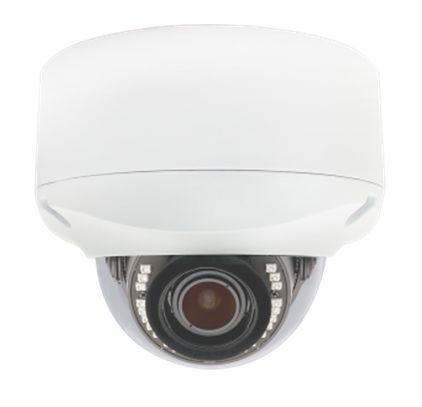
Credit: hken.rs-online.com
Integrating With Home Security
Security cameras are important tools for home safety. They help protect your home from theft or damage.
Connecting cameras with other security systems makes your home safer. It allows you to control and monitor everything easily.
Connecting To Alarm Systems
Security cameras can link directly to alarm systems. This connection allows cameras to trigger alarms if they detect movement.
This helps alert you and the authorities quickly. The alarm and camera work together to give better protection.
- Motion detection starts the alarm
- Video clips record during alarm events
- Alerts sent to your phone instantly
Smart Home Compatibility
Many security cameras work with smart home devices. This allows you to control cameras using voice commands or apps.
You can connect cameras to lights, locks, or other devices. This creates a smart system that keeps your home safer.
- Control cameras with smart speakers
- Automate recording with smart sensors
- Integrate cameras with smart locks
Remote Monitoring
Security cameras allow you to watch your home from anywhere. Use your phone or computer to see live video.
This helps you check on your home while away. You can respond quickly if you see something wrong.
- View live video anytime
- Receive alerts on your device
- Review recorded footage remotely
Privacy And Legal Considerations
Security cameras help keep places safe. They can also raise privacy and legal questions. Knowing the rules helps avoid problems.
It is important to respect others’ privacy. Following laws protects you and your neighbors from trouble.
Recording Laws
Laws about recording with cameras vary by place. Some areas need permission to record audio or video.
Public places usually allow cameras. Private places have stricter rules. Check local laws before installing cameras.
- Get consent if required by law
- Avoid hidden cameras in private areas
- Post signs if recording is happening
- Follow rules about how long to keep footage
Respecting Neighbors’ Privacy
Security cameras should not invade neighbors’ privacy. Do not point cameras at their windows or yards.
Talk to neighbors before installing cameras near shared spaces. This builds trust and avoids conflicts.
- Place cameras to cover your property only
- Avoid filming common areas shared with neighbors
- Use camera angles that limit neighbor visibility
- Respect requests to adjust cameras
Data Security Measures
Keep video recordings safe from hackers. Use strong passwords and update camera software regularly.
Secure storage protects footage from unauthorized access. Limit who can view or download videos.
- Use encrypted connections for cameras
- Change default passwords immediately
- Store footage on secure devices or cloud
- Regularly check camera and network security
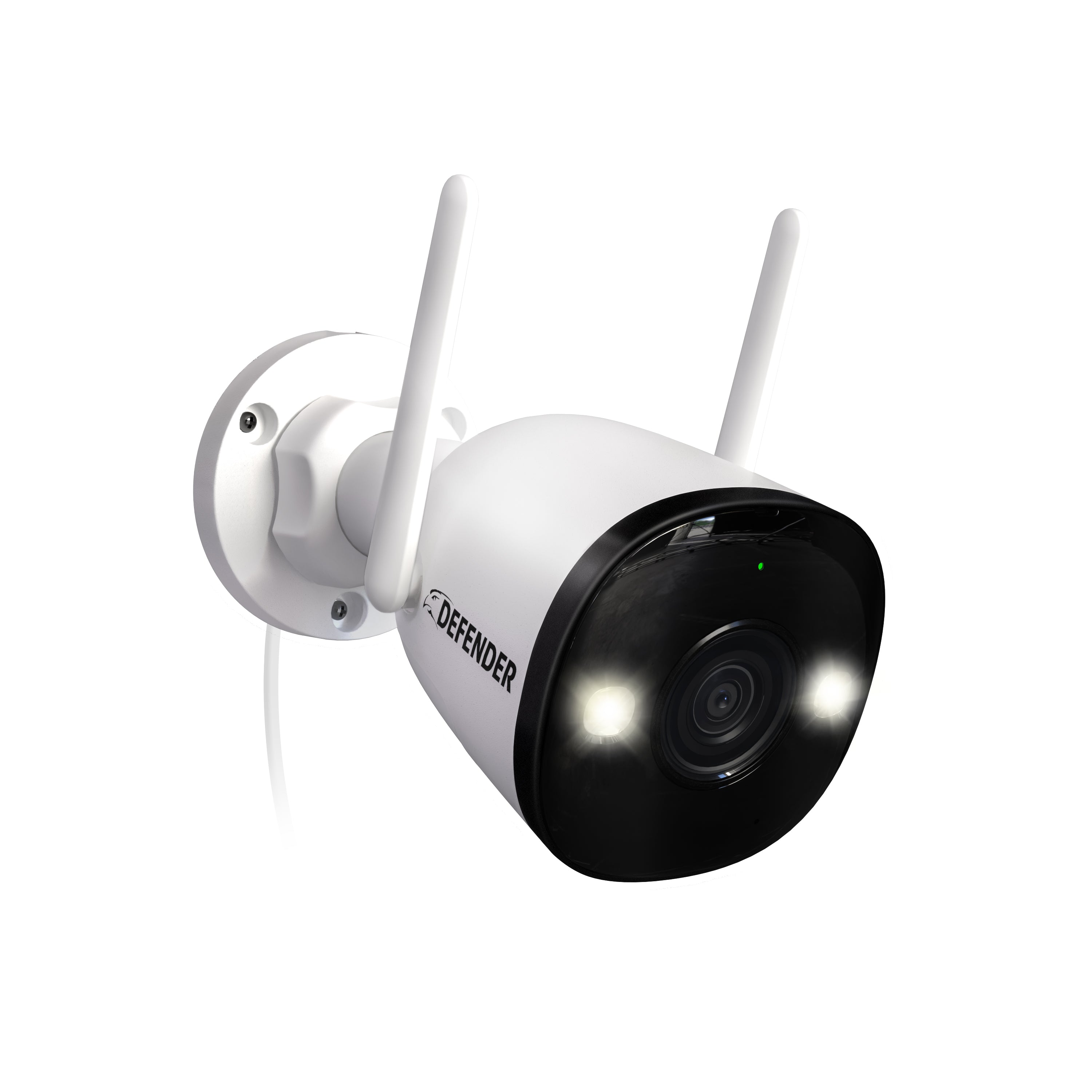
Credit: www.defendercameras.com
Frequently Asked Questions
What Are The Benefits Of Security Cameras?
Security cameras deter crime, monitor activities, and provide evidence. They enhance safety and give peace of mind. Cameras also help in managing and monitoring remotely. They are vital for both home and business security.
How Do Security Cameras Improve Safety?
Security cameras monitor premises in real-time, deterring potential intruders. They provide evidence in case of incidents. With cameras, you can ensure safety and prevent unauthorized access. They allow remote monitoring, ensuring constant vigilance.
Can Security Cameras Be Hacked?
Yes, security cameras can be hacked if not properly secured. Ensure strong passwords and regular firmware updates. Using encrypted connections and secure networks reduces hacking risks. Choose reputable brands for enhanced security features.
Where Should Security Cameras Be Installed?
Install cameras at entry points, driveways, and common areas. Cover blind spots and ensure good lighting for clear footage. Position cameras out of reach to prevent tampering. Strategic placement ensures maximum coverage and effectiveness.
Conclusion
Security cameras help protect homes and businesses every day. They show what happens in real time. This helps stop crime and keep people safe. Choosing the right camera depends on your needs and budget. Easy installation makes it simple for anyone to set up.
Good cameras work both day and night. Clear images make it easy to see details. Trust in security cameras to watch over your space. Safety starts with being prepared and aware. Consider adding cameras to improve your peace of mind.
19 min read


